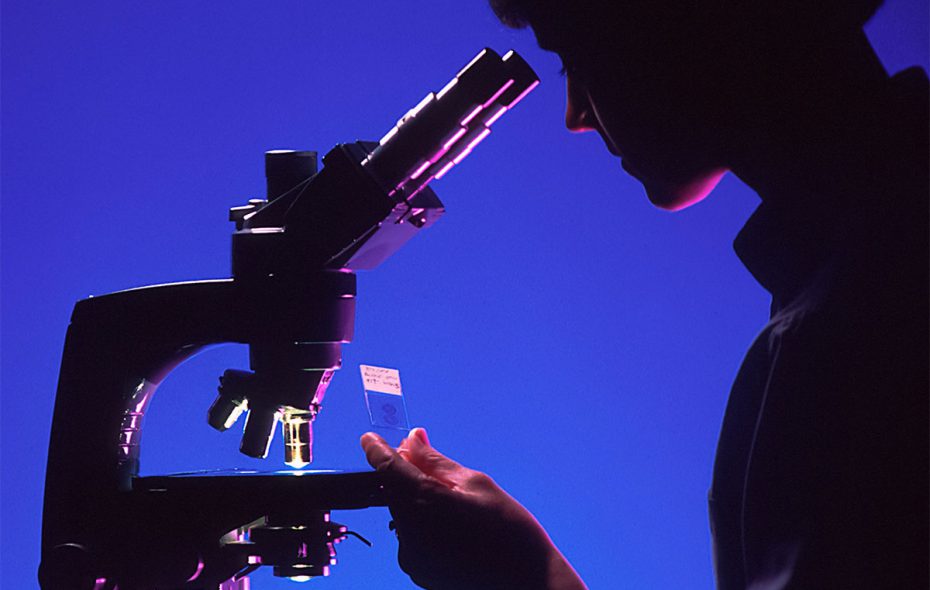
November 29, 2012:
ProKyma, a spin-out from the Defence Science and Technology
Laboratory (Dstl), today announces a £482k award from the National Institute for
Health Research (NIHR) Invention for Innovation (i4i) programme to apply its
technology to improve the detection of cancer and monitor its change during
treatment.
The KymaSep system is the result of six years’ development at ProKyma that started
from Dstl’s work to develop continuous detection systems for biothreat agents.
Funded by investment from Midven’s UK Innovation & Science Seed Fund, Merseyside Special
Investment Fund’s Liverpool Seed Fund and the National Endowement for Science,
Technology and the Arts (NESTA), KymaSep is a small, portable system that is based
around an injection-moulded device, providing simple operation at low cost, making
it ideal for clinic or point-of-care use.
The NIHR support will allow ProKyma to apply its ‘KymaSep’ technology to purify and
concentrate very low numbers of Circulating Tumour Cells (CTCs) through automated
manipulation of magnetic particles in a blood sample. Once purified, the cancer cells
can be sequenced to find the patient’s specific cancer mutation. The information
produced will allow for the cost-effective measurement of the numbers of CTCs
during initial diagnosis, as well as monitor their potential reduction during treatment,
allowing the oncologist to have a unique tool to adapt and change therapy if the CTC
numbers do not decrease.
ProKyma is working with a world-class multidisciplinary team in Merseyside to meet
the technical challenges in this project. A long-standing collaboration with the UK
Centre for Tissue Engineering at the University of Liverpool will lead to the
optimisation of a unique cell-capture technology, licensed from CellCap Technologies,
to enable the capture of the very low numbers of cells needed for CTC detection (5
CTC cells per test-tube of blood). The NIHR Liverpool Pancreatic Biomedical Research
Unit will use the method for the capture, sequencing and enumeration of CTCs. The
optimised method will be translated by ProKyma into a device for routine use and
tested against samples from the Liverpool Cancer Trials Unit to measure the
usefulness on real patient samples.
With the funding and support of NIHR, ProKyma will be looking to develop its
technology to a point where it can raise a Series B funding round by the end of 2014
to begin manufacture of the CTC monitoring product in Merseyside.
Professor John Hunt, Head of UKCTE in Clinical Engineering, University of Liverpool,
said:
“It’s an obvious broadening of our scientific objective now we can pull rare cells from
mixed complex populations, to aim to derive rare cells from human tissue beyond
stem cells. On the way to providing the right cells for cell therapies and regenerative
medicine; deriving cells as the indicators in assays for diagnosis and prognosis is in
its own right a valuable and life changing medical goal. The translation of the science
will benefit cancer research as well as stem cell research. It’s a very exciting
project.”
Professor Dame Sally Davies, Chief Medical Officer and Chief Scientific Adviser at the
Department of Health, said:
“The NHS needs inventive medical technologies to improve the diagnosis, treatment
and prevention of disease for its patients.
“I want to transform research in the NHS. The NIHR i4i programme provides a route
for researchers to develop innovative ideas into a reality that could have a significant
impact on patients.
Damian Bond, chief executive of ProKyma, added:
“The NIHR support has come at a very good time for us and builds on six years of
expertise and development. We are excited to collaborate with the teams from
CellCap and the University of Liverpool to develop this much needed, but challenging
technology.”